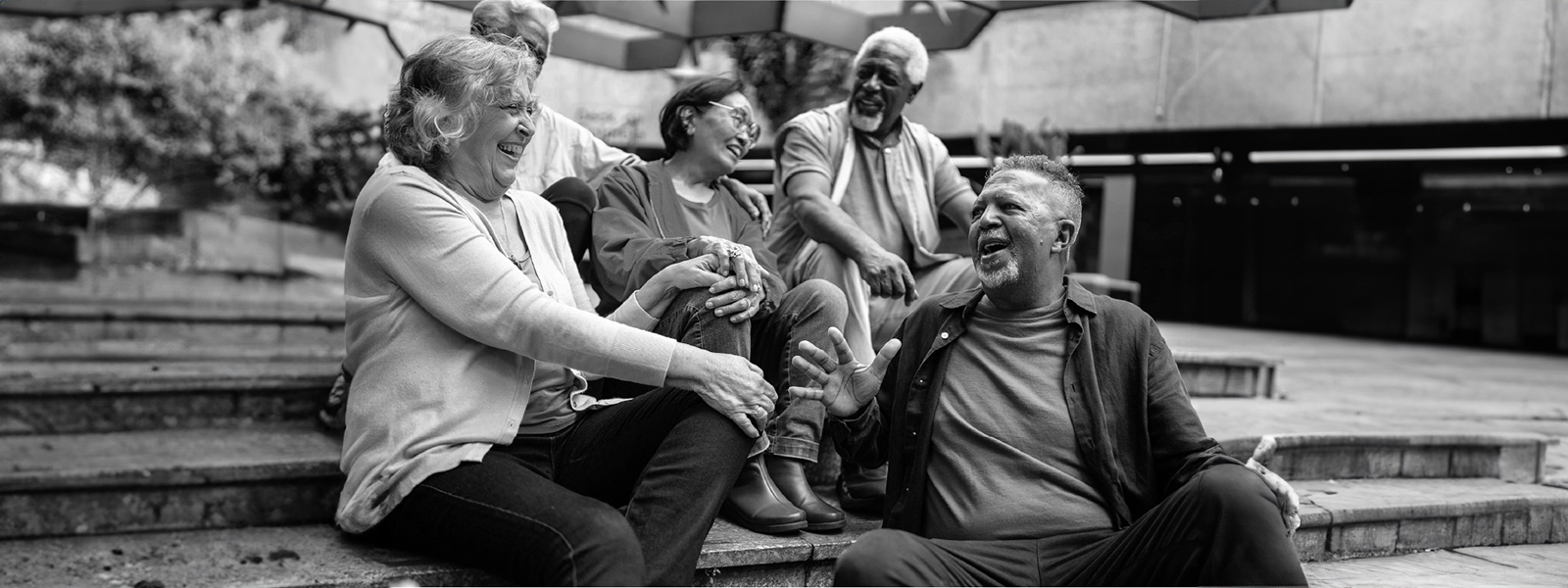
Opinion: Ageism Awareness Day
Published October 9, 2024, The Virginian-Pilot
As the Chief Executive Officer of Senior Services of Southeastern Virginia, I have a unique perspective on aging in our community. For over 50 years, Senior Services has provided essential services to Hampton Roads’ seniors, caregivers, and veterans. The good news is that we are living longer and stronger, and seniors are more important to our communities, economy, workforce, and families than ever.
The bad news is that ageism continues to thrive in Hampton Roads. Ageism is a form of discrimination and prejudice against individuals based on their age. It involves stereotyping, negative attitudes, and unfair treatment of older adults simply because of their age. It can manifest in various ways in people and institutions, resulting in social exclusion, marginalization, and unequal access to resources and opportunities.
Ageism burrows into our culture through many channels and begins early in life. Studies have shown that by age three, children recognize age stereotypes. A 2020 poll found that 82% of older adults experience ageism daily. This biased mindset inevitably leads to inequitable financial support for older adults.
In Hampton Roads, cultural and institutional ageism has contributed to an escalating problem of unmet needs among seniors. The older adult population is growing five times faster than the general population, but local funding for critical services like homelessness prevention, food assistance, and social support for older adults has not kept pace. At Senior Services, we have a front-row seat to the impact of this inequity.
As the cost of living rises, older adults find themselves in increasingly precarious financial positions. Prices are still 21% higher than they were before the pandemic, disproportionately affecting those on fixed incomes. According to the AARP, seniors spend about 20% of their income on health care, and this financial burden is worsened by high housing and rental costs.
The maximum individual Supplemental Security Income payment is $943 a month, yet the average one-bedroom apartment in Hampton Roads costs $1,500 a month. Increasingly, older adults are being squeezed out of the housing market. Seniors now compose 25% of people experiencing homelessness, and their numbers are on track to triple by 2030.
In addition, more older adults than ever face food insecurity. In Hampton Roads, meal providers do not have the funding to keep up with the need for food among homebound older adults. About half of Virginians over 60 do not have access to affordable, quality food. One in four either reduce meal sizes or skip meals out of necessity.
Finally, social isolation, declared an epidemic by the Surgeon General, especially hurts older Americans. More than half of our clients at Senior Services live by themselves. Many of our homebound clients would have no one checking on them regularly if not for their meal delivery drivers. Studies show that social isolation significantly increases the risk of dementia, high blood pressure, heart disease, obesity, and falls.
These problems have snowballed over years of inadequate funding and will only get bigger without a significant shift in priorities. By 2030, every baby boomer will be over 65, and we are not ready to meet their needs. Without a change, too many older adults will be forced to make a difficult choice between paying for food, medication, or housing.
Our leaders can turn this crisis around in the coming budget season by allocating equitable financial support for older adults. On this Ageism Awareness Day, let’s reject ageism in Hampton Roads and ensure that no grandmother goes hungry and every older loved one has a roof over their head and a friendly face checking in on them. When we provide the financial support to build a truly inclusive and resilient community for every age, we all benefit.
Steve Zollos is the Chief Executive Officer with Senior Services of Southeastern Virginia, our local Area Agency on Aging. Senior Services has been providing essential services for individuals aged 60 and over since 1972.



